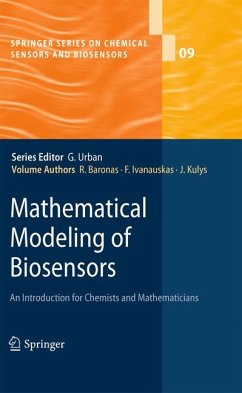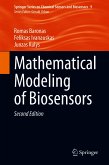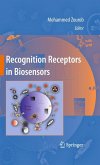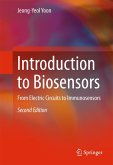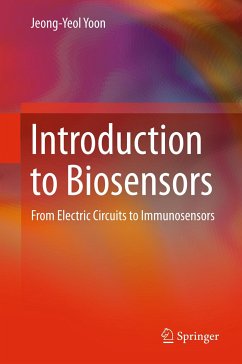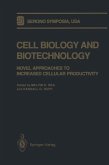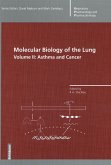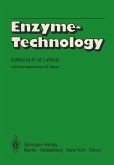This book presents biosensor development and modeling from both a chemical and a mathematical point of view. It contains unique modeling methods for catalytical (amperometric, potentiometer and optical) biosensors. It examines processes that occur in the sensors' layers and at their interface, and it provides analytical and numerical methods to solve enzymatic kinetic and diffusion equations. The action of single enzyme as well as polyenzyme biosensors is studied, and the modeling of biosensors that contain perforated membranes and multipart mass transport profiles is critically investigated. Furthermore, it is fully described how signals can be biochemically amplified, how cascades of enzymatic substrate conversion are triggered, and how signals are processed via a chemometric approach and artificial neuronal networks. The results of digital modeling are compared with both proximal analytical solutions and experimental data.
Dieser Download kann aus rechtlichen Gründen nur mit Rechnungsadresse in A, B, BG, CY, CZ, D, DK, EW, E, FIN, F, GR, HR, H, IRL, I, LT, L, LR, M, NL, PL, P, R, S, SLO, SK ausgeliefert werden.

